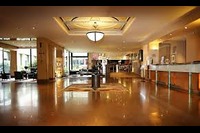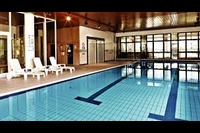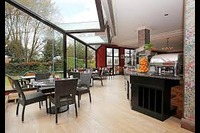Venue & Hospitality
Conference Dates:
Hotel Services & Amenities
- Audio/Visual Equipment Rental.
- Business Center.
- Business Phone Service.
- Complimentary Printing Service.
- Express Mail.
- Fax.
- Meeting Rooms.
- Office Rental.
- Photo Copying Service.
- Secretarial Service.
- Telex.
- Typewriter.
- Video Conference.
- Video Messaging.
- Video Phone.
- ATM.
- Baggage Storage.



Transportation
Route Map
About City
Paris, France serves as an exceptional destination for international conferences, offering a sophisticated blend of world-class infrastructure, global accessibility, and cultural prestige. The city is home to premier venues such as the Palais des Congrès and Paris Expo Porte de Versailles, equipped with advanced facilities to support large-scale professional events. Its connectivity through major international airports and high-speed rail networks ensures seamless access for global delegates. Paris also offers a diverse range of accommodations and amenities to suit all preferences. Coupled with its rich cultural heritage and iconic landmarks, Paris provides an inspiring and professional environment for impactful conferences and global collaboration.

